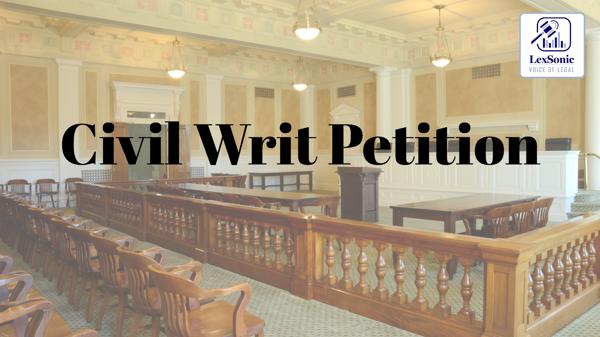Bombay High Court Dismisses Plea Challenging Maharashtra Assembly Elections.
25 June 2025
Civil Writ Petition >> Civil & Consumer Law
The Bombay High Court recently dismissed a writ petition that sought to nullify the entire Maharashtra State Legislative Assembly elections held in November 2024, the results of which were declared on November 24, 2024. The petition, filed by Chetan Chandrakant Ahire against the Union of India and others, raised wide-ranging challenges, including allegations of procedural lapses and irregularities in the electoral process.
The petition primarily contended that approximately 76 lakh votes (6.80% of the total) cast after 6:00 PM on the polling day were illegal due to a purported lack of data from the Election Commission of India (ECI) concerning these votes. This claim was based on information allegedly obtained under the Right to Information Act by one Mr. Venkatesh Nayak, which stated that such information was not available with the ECI. The petitioner argued that the ECI's inability to provide data on tokens distributed to voters present at polling stations after the official closing time indicated illegal voting and vitiated the election process, amounting to a fraud on the Constitution.

Among the thirteen prayers made in the petition, some key requests included:
- Directing the ECI to disclose the exact number of tokens distributed to voters after 6:00 PM at each polling station and the cumulative total across all constituencies.
- Directing the ECI to provide comprehensive disclosure of votes cast between 5:00 PM and 6:00 PM, and after 6:00 PM until the final closing time.
- Declaring the entire election process void if the ECI failed to produce accurate and transparent data on distributed tokens.
- Declaring the results null and void and withdrawing election certificates due to non-compliance with legal provisions and procedural lapses.
- Directing an independent audit of EVMs and VVPAT systems.
- Directing a return to paper ballots due to concerns about EVMs.
However, the High Court found several objections to the petition's maintainability to be valid. A significant point of contention was the petitioner's lack of locus standi to challenge the entire State Assembly elections, as the petitioner was a voter from only one constituency (Vikhroli – Mumbai) and had not contested any election.
Furthermore, the Court highlighted that the petitioner had not made any prior "demand for justice" by addressing a representation to the ECI regarding the grievances raised in the petition, which is a prerequisite for seeking a writ of mandamus. The Court cited its own Division Bench decision in Sansar Texturisers Pvt. Ltd. Vs. Union of India & Ors., which affirmed that a demand for justice is sine qua non to maintain a writ petition for such reliefs.
The High Court also emphasized that a writ petition is not maintainable without an enforceable legal right and a legally protected right, and mere suspicion of infringement is not adequate ground to invoke writ jurisdiction. The Court stated that there was "not an iota of material whatsoever" to suggest a difference between votes cast and polled, and that the petition's basis was vague and ambiguous.
Regarding the challenge to Electronic Voting Machines (EVMs), the Court reiterated the Supreme Court's stance in Association for Democratic Reforms vs. Election Commission of India & Anr., which held that EVMs are legal and valid and do not undermine free and fair elections. The Supreme Court had also rejected the submission to return to the ballot paper system, citing the advantages of EVMs in preventing booth capturing, eliminating invalid votes, and expediting the counting process.
Ultimately, the Bombay High Court concluded that the petitioner failed to demonstrate any legal injury or a real potential threat to a guaranteed right, making the petition unsustainable. While refraining from imposing costs, the Court found the petition to be based on extremely weak, feeble, and inadequate pleas.
